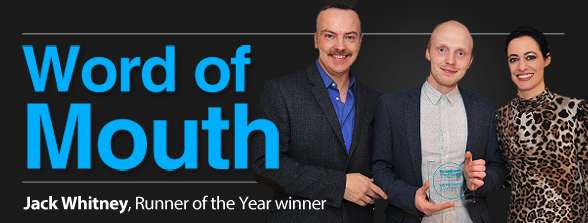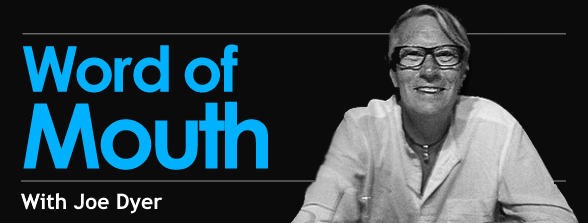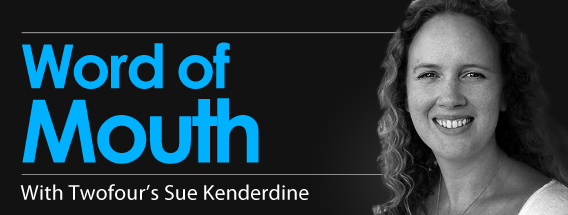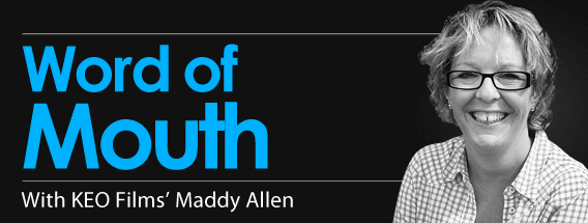
What was your first big break into the industry?
I regularly checked the websites of some of my favourite production companies a few months prior to graduating from university. When I saw Tiger Aspect advertising for a Drama Runner on PB, I knew I had to give it my best shot. One written application and two interviews later, and feeling I’d flunked it, I got a call whilst at my graduation ceremony to tell me I had got the job.
You’ve worked on a lot of great BBC dramas including Sherlock and Merlin – what do you enjoy most about working on location?
Often the production office works from a central location, and supports the production and crew from there. So I find it’s important to get out to location when I can, to speak to the crew to get all the information I need to do my job. It also brings a refreshing change from the four walls of the office, and it’s great to see everything you’re working for coming together.








